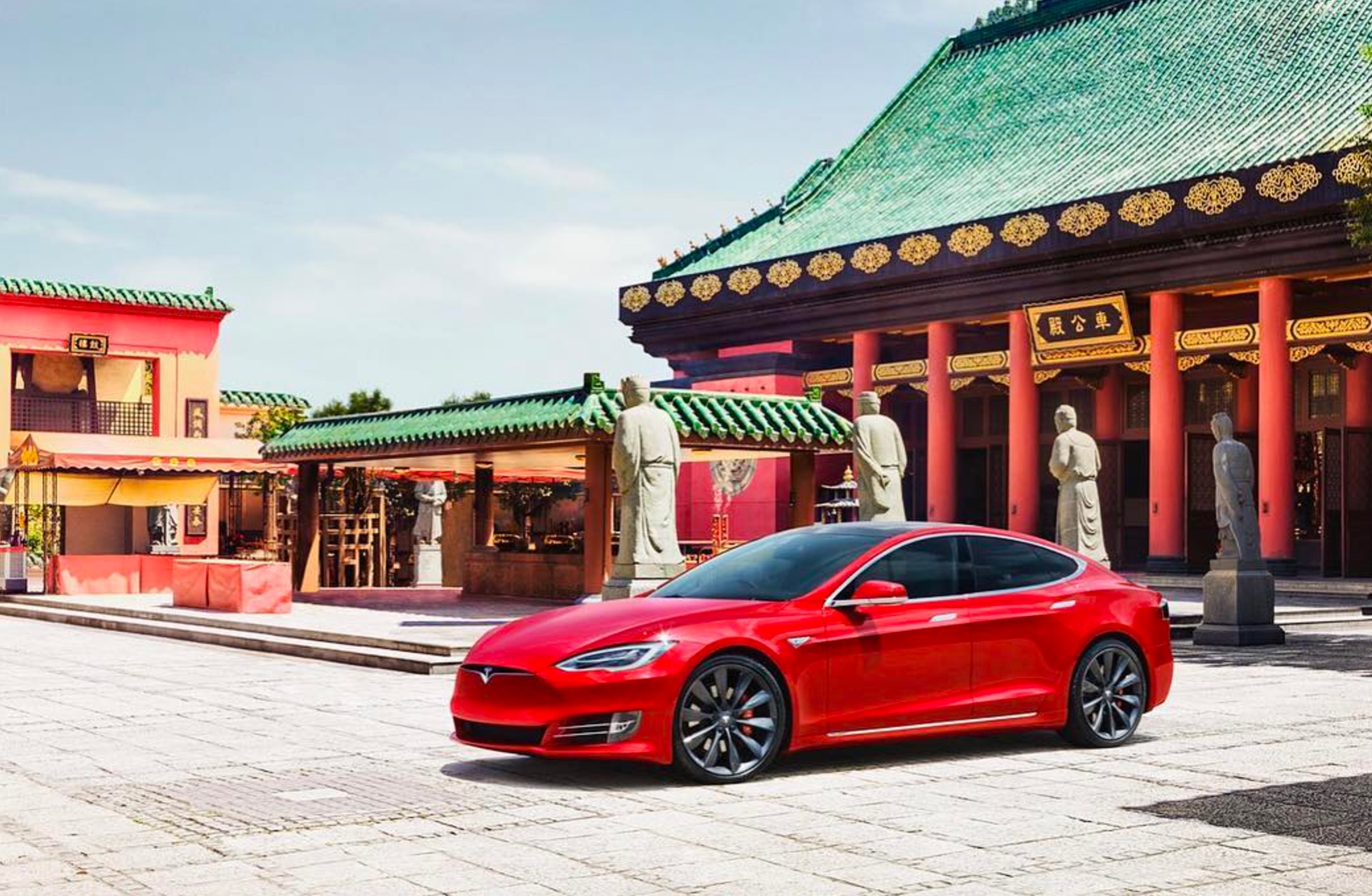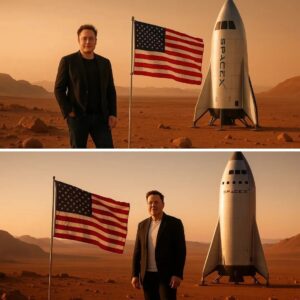Musk Pulls Tesla from China: A Single Decision Wipes Out $30 Billion.

In a seismic shift that sent shockwaves through global financial markets and disrupted the electric vehicle industry, Elon Musk has effectively pulled the plug on Tesla’s imported vehicle sales in China — the world’s largest and most crucial EV market. Tesla’s abrupt halt of new orders for its high-end Model S and Model X cars on its Chinese website is no longer just a software update; it’s a geopolitical chess move that may cost the company up to $30 billion in lost market value.The removal of the “order now” button on Tesla’s China website, confirmed via archived screenshots, followed immediately after China retaliated against the United States for its aggressive new tariffs — a 145% levy imposed by President Donald Trump’s administration. Tesla’s action was swift, quiet, and without formal announcement. But the implications are loud and clear.
As of Friday, visitors to Tesla’s China website found no option to place new orders for the imported Model S and Model X vehicles. Instead, only existing stock remained, such as a white Model S priced at 759,900 yuan (around $103,800).

Though the Model S and Model X account for less than 5% of Tesla’s total unit sales, their role as high-margin, brand-defining models cannot be overstated. Their abrupt removal from China’s market risks not only immediate revenue losses but also long-term brand erosion in a highly competitive and nationalistic consumer landscape.Analysts estimate that halting these sales — if extended beyond a few weeks — could cost Tesla approximately $2 billion per month in lost revenue, including dealership activity, service margins, and halo effects on other product lines. In terms of stock value, Tesla’s share price has already declined nearly 50% since December. With this latest disruption, projections suggest a potential market cap evaporation of up to $30 billion.





